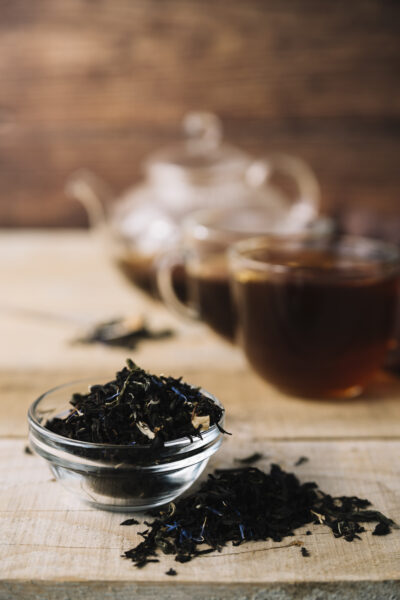
Heartburn, a burning sensation in the chest, is a common discomfort experienced by many. It often occurs when stomach acid flows back up into the esophagus, causing irritation. While there are various factors that can contribute to heartburn, one often overlooked culprit is tea.
Caffeine, a stimulant found in tea, can exacerbate heartburn symptoms in those who are prone to acid reflux. When consumed in excess, caffeine can relax the lower esophageal sphincter, the muscle that prevents stomach acid from flowing back up. This relaxation can allow acid to reflux, leading to heartburn.
Types of Tea and Heartburn

Not all teas are created equal when it comes to heartburn. Some teas contain higher levels of caffeine than others. Here’s a breakdown of the caffeine content in common teas:
- Black tea: Highest caffeine content.
- Green tea: Moderate caffeine content.
- Oolong tea: Moderate caffeine content.
- White tea: Lowest caffeine content.
- Herbal tea: Caffeine-free.
Beyond Caffeine: Other Factors to Consider
While caffeine is a significant factor, other elements in tea can also contribute to heartburn. Some teas, particularly those with strong flavors or added sweeteners, can irritate the esophagus and exacerbate symptoms.
Tips for Enjoying Tea Without Heartburn

If you enjoy drinking tea but suffer from heartburn, here are some tips to help minimize symptoms:
- Opt for decaffeinated tea: This can significantly reduce the caffeine-related risk of heartburn.
- Choose herbal teas: These are naturally caffeine-free and often gentler on the digestive system.
- Limit your intake: Consuming tea in moderation can help prevent excessive acid reflux.
- Avoid strong flavors and added sweeteners: Opt for plain teas or those with mild flavors.
- Drink tea slowly: Sipping your tea can help prevent excessive consumption.
- Avoid drinking tea on an empty stomach: Consuming tea after a meal can help buffer the acidity.
Additional Considerations for Heartburn Sufferers

If you frequently experience heartburn, it’s essential to consult with a healthcare professional for proper diagnosis and treatment. They can recommend lifestyle changes, medications, or other interventions to manage your symptoms.
In conclusion, while tea can be a delightful beverage, it’s important to be mindful of its potential impact on heartburn. By understanding the role of caffeine and other factors, you can make informed choices and enjoy your favorite teas without discomfort.

